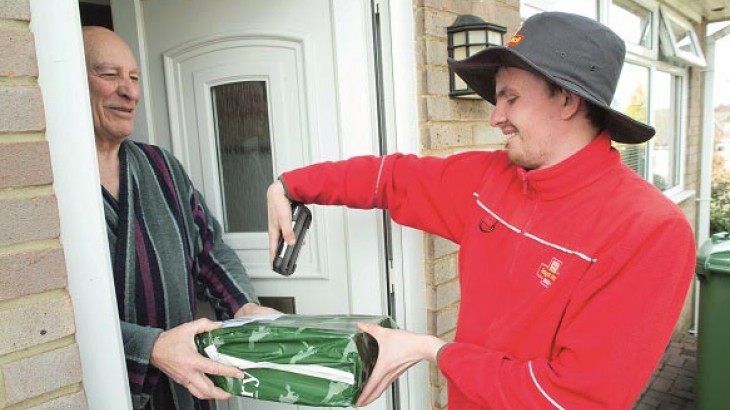It’s getting hot in here!

The temperatures are rising this week and it’s important to remember that working outdoors in hot weather poses health risks such as sun exposure, dehydration and heat exhaustion.
If you spend time outdoors exposed to the sun, you’re at greater risk of damaging your skin and developing skin cancer. Remember to take care of yourself and work safely by covering up, protecting your head, taking your break in the shade, and using sunscreen on any exposed skin. Don’t forget to drink plenty of water and do all you can to keep cool.
Skin cancer is now the most common and fastest rising cancer in the UK so we all need to be aware of the dangers of over-exposure to the sun, and the importance of protecting and regularly checking your skin.
The sun damages and ages your skin more than any other factor, so to keep safe in the sun and make sure you never burn, follow these recommendations:
1. Cover up - Wear long, loose clothing to keep the sun off your skin. Your uniform is made from a special fabric to protect against ultraviolet radiation.
2. Protect your head - Don’t forget your head, face, ears and neck. Wear the wide brim hat that is part of your uniform - it’s specially treated to protect against the sun. Wear sunglasses with ultraviolet (UV) protection.
3. Take your break in the shade - Come out of the sun when you have the chance, especially during the most powerful ultraviolet periods of the day between 11am-3pm.
4. Use sunscreen - Use Sun Protection Factor (SPF) 30 or higher on any exposed skin - apply it half an hour before going outside, put plenty on and reapply it frequently.
5. Be skin safe - Report mole changes (size, shape, colour, itching or bleeding) or any other concerns about your skin to your doctor. Non-melanoma skin cancers tend to develop most often on skin that's exposed to the sun from working outside. See your doctor if you have:
- a spot or sore that doesn't heal within four weeks
- a spot or sore that hurts, is itchy, crusty, scabs over, or bleeds for more than four weeks
- areas where the skin has broken down (an ulcer) and doesn't heal within four weeks.
Dehydration
To prevent dehydration, drink plenty of fluids such as water, diluted squash or fruit juice. Most of the time, you can prevent dehydration by drinking water regularly throughout the day, especially in hot weather and when working outdoors.
Heat exhaustion
Heat exhaustion occurs when you become very hot and can cause you to feel tired, weak and faint. It can be prevented by following the recommendations above, and having plenty of cold drinks, eating cold foods, or keeping a damp cloth on the back of your neck.



